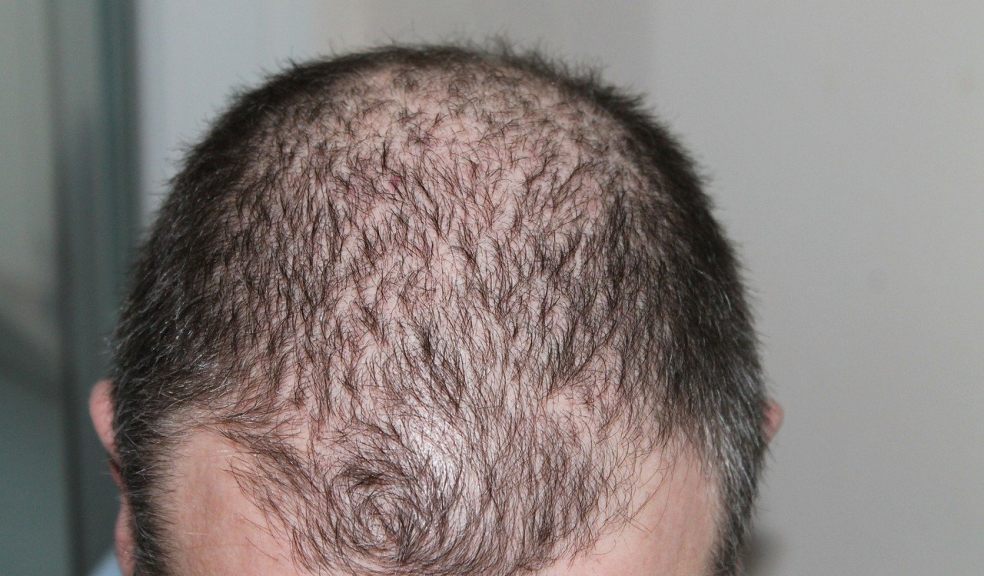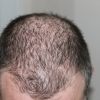
What Can I Do About My Hair Loss?
Not all cases of hair loss should be a source of concern for people. There is a chance of the occasional hair breakage from wearing hats, combing, and simply age-related hair loss. Approximately 85% of men will start to lose a large proportion of hair when they reach 50.
Before you can decide on what to do about your hair loss, you need to know what is responsible. It’s best to speak to a medical expert to determine this.
If you are losing hair as a result of androgenic alopecia or any other causes that cannot be reversed via lifestyle changes, and you don’t mind undergoing surgical procedures, Turkey is a cost-effective destination for a hair transplant. If you do not mind using medication or making changes to your diet or lifestyle choices, here is a list of tips that can help you stop and/or reverse hair loss.
Medical Treatment
- Propecia/Finasteride
This is an oral treatment that works best when you use it to slow down hair loss, especially if you are under 60 years old. It comes in a pill and is not available over the counter, and so you need a prescription to get it.
- Essential oils
People who have used peppermint, lemongrass or lavender oils have reported reduced hair loss. A study revealed that massaging thyme, cedarwood, rosemary, and lavender in a mixture of carrier oils (jojoba and grape-seed) improved the amount of hair of the test group to the tune of 43%. Alternatively, you can achieve a similar result by applying a mixture of peppermint, lavender, or lemongrass oils with a carrier oil shortly before you having a bath.
- Rogaine
This is a readily available treatment option applied to the scalp in lotion form. Consistent use for three to six months will give the best results, and the Mayo Clinic reports that more than 60% of people who used it had positive reviews for its potency. You do need to be aware of potential side effects which include sensitivity, itching of the scalp, and hives.
Edible Remedies
- Medicinal Plants
Ginseng and Saw palmetto are useful in restoring lost hair. Ginseng is a root derived from the plant of the same name, while Saw palmetto is a derivative of American dwarf pine trees, and has been shown to be beneficial in sustaining testosterone levels in men. While there is no fixed dosage for ginseng, you can take in extracts orally or apply any products containing it, to your scalp. We recommend having a chat with your doctor before taking it. If you prefer to take Saw palmetto, the normal recommended daily dosage is 200 milligrams.
- Proteins, Multivitamins, and Minerals
Not much is known about how proteins can mitigate hair loss, but it is a fact that every strand of hair is made up of an abundant quantity of keratin. keratin is a type of protein that, including other nutrients, is shown to be in reduced amounts with people who experience hair loss.
Taking Vitamins A and D, as well as biotins, have been shown to encourage hair growth. Vitamin A consists of retinoids and will help you retain your hair while keeping your scalp clean. Zinc, iron and selenium help you maintain your hair as well but go a step further to help with cell regeneration. Vitamin D is effective at treating a form of alopecia as it helps replenish hair populations.
An example of biotins is vitamin B7 and H – both help with breaking down fats in the body. The recommended dosage is 3g-5g daily and daily doses of between 800 and 1,000 IU for Vitamin D. Multivitamins are fairly easy to purchase but its best to get a prescription from your doctor. Eating foods that are rich in proteins and vitamin A is advised, too. Dairy products low in fats, along with other popular protein sources will do, while sweet potatoes and spinach are both good sources of vitamin A.
For more information on natural remedies for hair growth, including the potential benefits of iodine, you can explore resources provided by experts at Perfect Hair Health.
- Healthy Diet
Recent studies encourage eating plenty of fresh vegetables and herbs if you want to reduce the chances of baldness. Also called the Mediterranean diet, sticking to this diet to reduce the rate of baldness means you should make sure you eat plenty of fresh vegetables at least four times a week. Particularly good are spinach, carrots, lettuce and broccoli.
Hair Management
- Washing/Styling/Processing
Use a gentle shampoo when washing your hair will keep your scalp clean and stop the urge to scratch it. You should wash your hair daily, and try to avoid using a hairdryer if you are already losing your hair. Use a milder hair dye and stay away from strong chemical products (especially those which contain ammonia, PPD or peroxide), or do away with them altogether.
- Use coconut and/or olive oil
Coconut oil gives your hair follicles the strength to withstand breakage, protecting it from the damaging effects of ultraviolet light. It contains lauric acid which prevents the breakdown of hair proteins, which are a major component of each hair strand. It also helps with growing back lost hair.
Olive oil is a natural hair conditioner that keeps your hair moisturised. Unlike coconut oil, you should let it sit in your hair for 30 minutes when applied directly before washing.
Final Thoughts
You need medical advice to identify what is responsible for losing your hair, as some causes of hair loss, such as thyroid issues, do not respond to some of these tips. But the advice above works best when you incorporate them into your daily routine. For example, switching to a healthy Mediterranean works best when using olive oil in your hair.
Finally, it’s important to remember that you need to be patient when trying these methods. As a rule, you’ll need to use them for a minimum of six months. After that, you can judge how effective they have been, and whether it’s worth considering switching to another method.




















